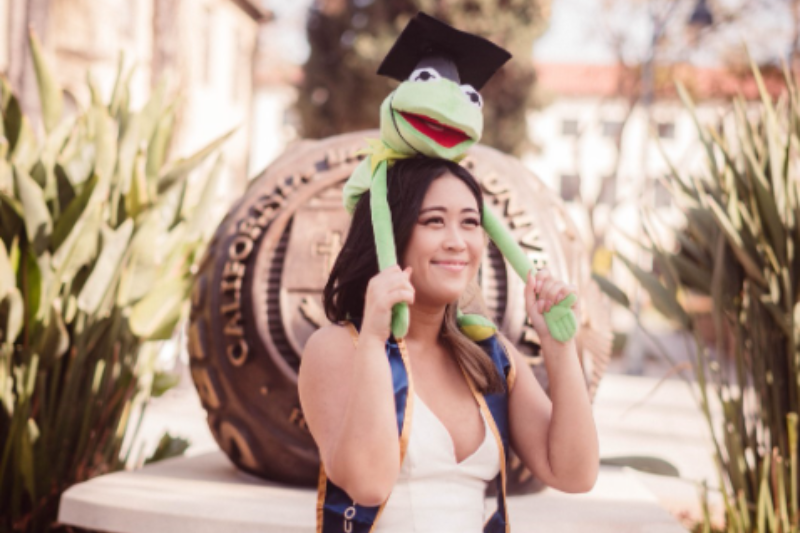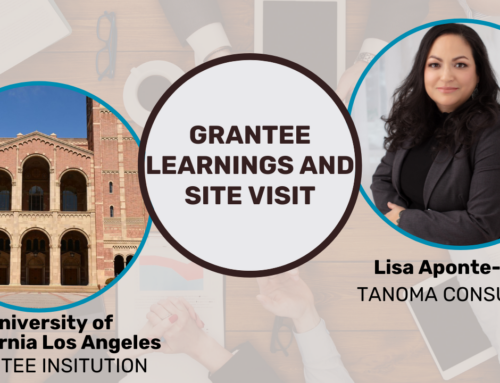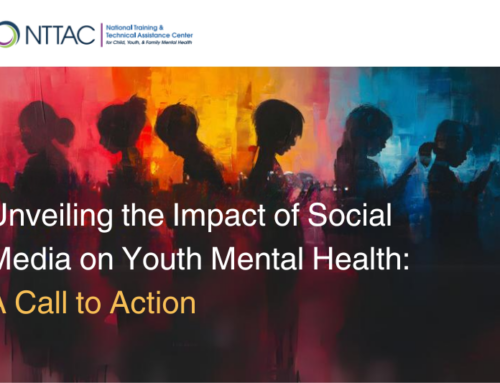Ryza Corcino is a queer, first-generation Filipino American from Southern California. In 2022, they earned their B.S. in Public Health with a concentration in Health Education and Promotion from California Baptist University. Throughout Ryza’s college journey, they took on various roles, including serving as the senior captain of their school’s speech and debate team, actively participating in the honors society for public health majors (Eta Sigma Gamma), and dedicating their time as a student volunteer at the hospice their mom managed. Post-graduation, they went into the healthcare field, working briefly as a medical assistant for an OBGYN clinic and an urgent care clinic that catered to underserved communities. These experiences have deepened their understanding of public health, inspired them to make a meaningful impact on healthcare accessibility, and serve as the blueprint for their work at Change Matrix (CM).
What drew you to CM?
What initially drew me to Change Matrix was the alignment between the company’s mission and values with my own beliefs. When I stumbled upon the job listing, it was like finding a piece of a puzzle that fit seamlessly. The emphasis on making a meaningful impact resonated deeply with me, and I felt that working here would be more than just a job—it would be a chance to contribute to something bigger than myself. One aspect that truly stood out for me was the company’s collaboration with NAAPIMHA in addressing mental health disparities within the Asian American community. Being able to be a part of initiatives that directly impact my community is incredibly meaningful to me. It’s not every day you come across an opportunity where you can make a difference in a cause that’s close to your heart. Moreover, the prospect of applying what I’ve learned in my major directly to my career is something I’ve always hoped for but didn’t necessarily expect to find. CM’s commitment to nurturing and empowering its employees to grow and thrive professionally is truly commendable. The emphasis on a supportive work culture where individuals are valued and encouraged to bring their authentic selves to the table was something that immediately resonated with me.
I’ve always thought that if I’m going to be doing something for the rest of my life then I should do something that I’m passionate about and something that I find fulfilling. I’m glad that I was able to find that in CM.
What is your role at CM?
My current role is a Resource Curator for Achieving Behavioral Health Equity (ABHE). I really enjoy reading different articles and resources for the National Network to Eliminate Disparities (NNED) because there’s a lot of interesting and helpful information that I end up finding.
Which project or assignment are you most excited about?
I’m excited to support ABHE and grow along with the program! ABHE is the only project I’m currently assigned to, but I’m eager to be more involved and help where I can. I would love to be more involved with supporting NNED events in the future. Recently, we had a TEP meeting with representatives from different CBOs (community-based organizations) within the NNED, and I really enjoyed listening to participants’ perspectives on what the NNED can provide for CBOs.
Why did you choose equity work?
I chose equity work because of my journey as an Asian American grappling with mental illness. Witnessing fellow Asian individuals not receiving the support and resources they needed struck a chord with me deeply. Coming from a place of privilege, it felt inherently unjust to know that others in similar circumstances lacked access to essential resources and support systems. The stigma surrounding mental health within the Asian community only exacerbated the problem. I felt a strong calling to work towards de-stigmatizing mental health issues within this community and ensuring that everyone, regardless of their background, has access to the resources and support they need. Recognizing the significant gap in resources and support for individuals from similar backgrounds as mine further solidified my commitment to equity work. It’s unacceptable that some people are left behind simply because of systemic barriers and lack of resources. My decision to pursue equity work stems from a deep sense of responsibility to leverage my privilege and platform to advocate for those who are less privileged and ensure that everyone has equitable access to opportunities and support systems.




